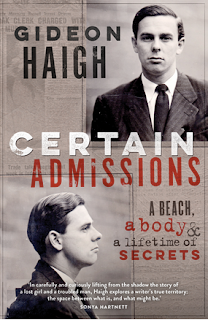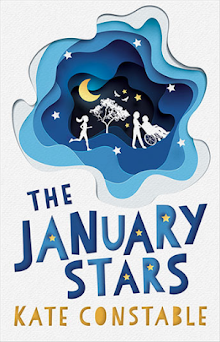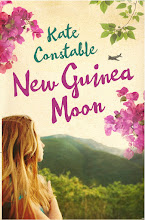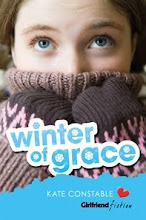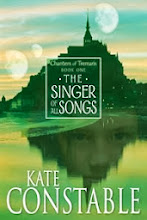OCD sucks. We're used to thinking of it in movie cliches of endless hand-washing or counting, but it's probably more accurate to focus on the unwanted, obtrusive and distressing thoughts that spark off the protective rituals. Thoughts that go round and round, thoughts that don't go away, thoughts about forbidden desires or bizarre urges, thoughts about danger and harm striking loved ones (this one I can relate to). The only thing that seems to temporarily quiet the obsessive thoughts is performing the compulsions -- and the compulsions can also be thoughts. But the catch is, the more you perform the compulsions, the more you 'feed the lion' and the stronger the unwanted thoughts become.
Moodie is a strong advocate for ERP therapy (Exposure and Response Prevention), which essentially means sitting with the uncomfortable thoughts and not performing the soothing compulsive actions, until the brain is gradually retrained to tolerate the thoughts. The important thing to remember for a carer or support person is not to offer reassurance, because that is also feeding the lion -- a difficult thing to resist, because of course your first impulse when you see someone you love hurting is to try to reassure them.
I feel sure there is a long road ahead but The Joy Thief is a terrific insight and a great place to start.


















